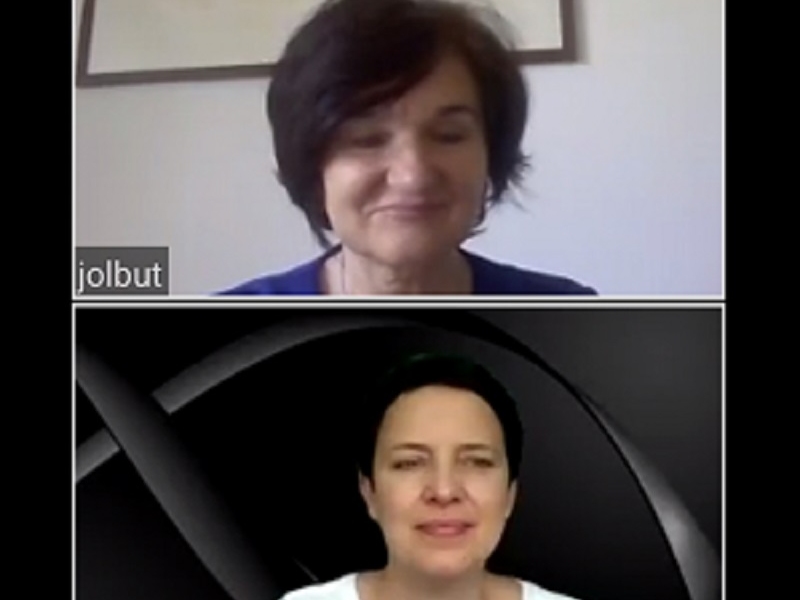

A short-term expert mission under Activity 4.6 Further reinforce knowledge about quality assurance in line with the European Standards and Guidelines for Quality Assurance in the European Higher Education Area and practices from international accreditations to ensure the application of the notion of student-centeredness was implemented by the Twinning project on 22, 26 and 30 June 2020.
The online mission which took place
via Zoom videoconferencing platform was implemented by Ms. Jolita Butkiene, Head of Quality
Centre of ISM University of Economic and Management of Lithuania, Ms. Nora
Skaburskiene, Vice Rector for Academic Affairs of Vilnius Gediminas Technical
University of Lithuania and Ms. Jolanta Silka,
Director of the Quality Agency for Higher Education of Latvia.
The aim of the mission was to disseminate
the results of mock evaluations of selected study programs carried out at pilot universities
of the project from October 2019 to January 2020 jointly by the Twinning
project and Education Quality Assurance Agency (EQAA) of the Ministry of
Education of Azerbaijan and to share best international practices in program accreditation.
Within the three-day mission, the
experts reviewed the “Handbook on Methodologies and Requirements of Program
Evaluation”, which were developed jointly by the Twinning project experts and
staff of the Accreditation and Licensing Department of EQAA previously and
tested during the mock evaluations of study programs, as well as draft “Rules
for accreditation of higher and secondary special education institutions” and
provided detailed comments and proposals to both documents to ensure their
compliance with best European practices.
On June 30, 2020, the experts conducted a workshop on results of mock accreditations and best examples of international accreditation. The online workshop was joined by representatives of EQAA’s Accreditation and Licensing Department, local experts of mock accreditations and members of self-evaluation teams at pilot universities. The Twinning experts presented the results of mock accreditations, pointed out positive sides of organization of accreditation process, as well as weaknesses and findings from all mock accreditations in all areas of evaluation, highlighting most important points. The experts also made a presentation on how the programme level evaluation criteria were updated taking into account the results of mock accreditations and other relevant legal documents. Another presentation was about the best practices of international accreditations.
The best accreditation practices from Latvia, Estonia, Austria and Norway were shared with the seminar participants.
It should be noted that 23 mock
accreditations of 6 pilot study programmes at Bachelor level in 8 universities
(BSU, SSU, ASOIU, AzTU, ASPU, BEU, Khazar University and Azerbaijan University
of Languages) have been implemented within the Twinning project.